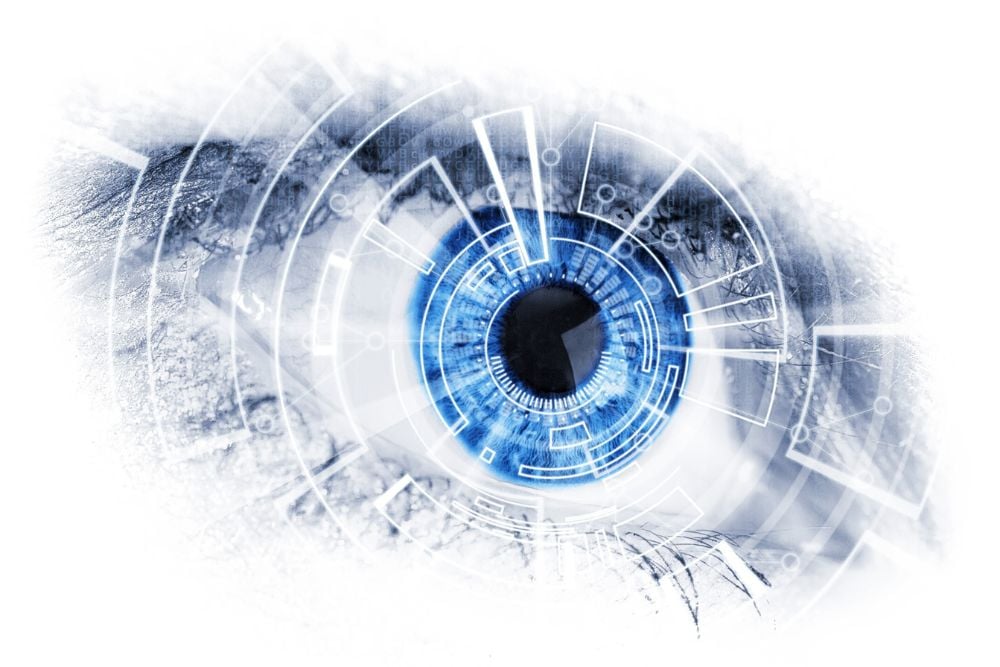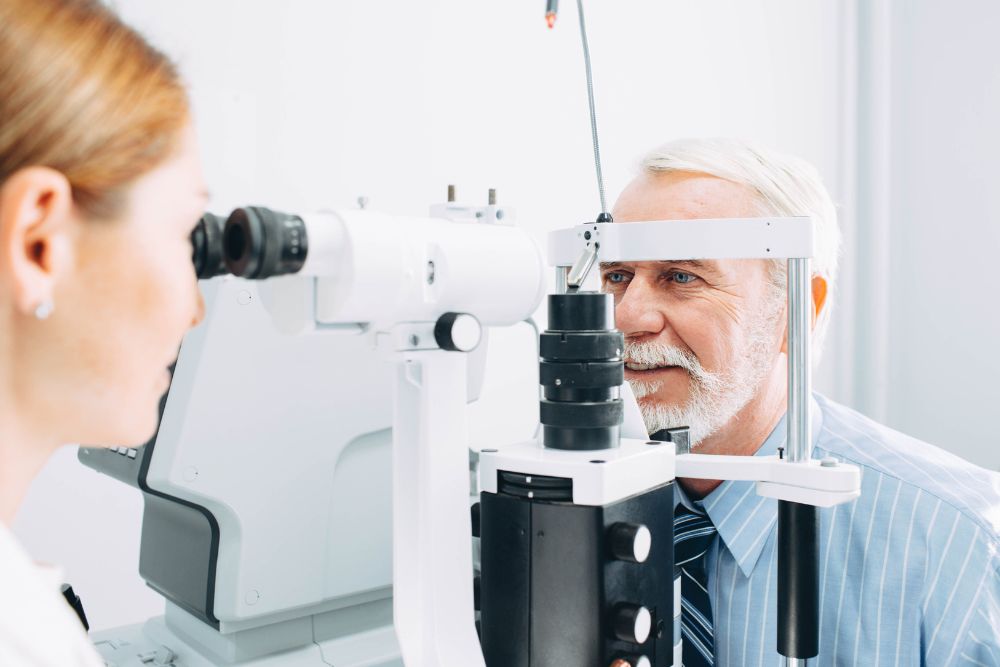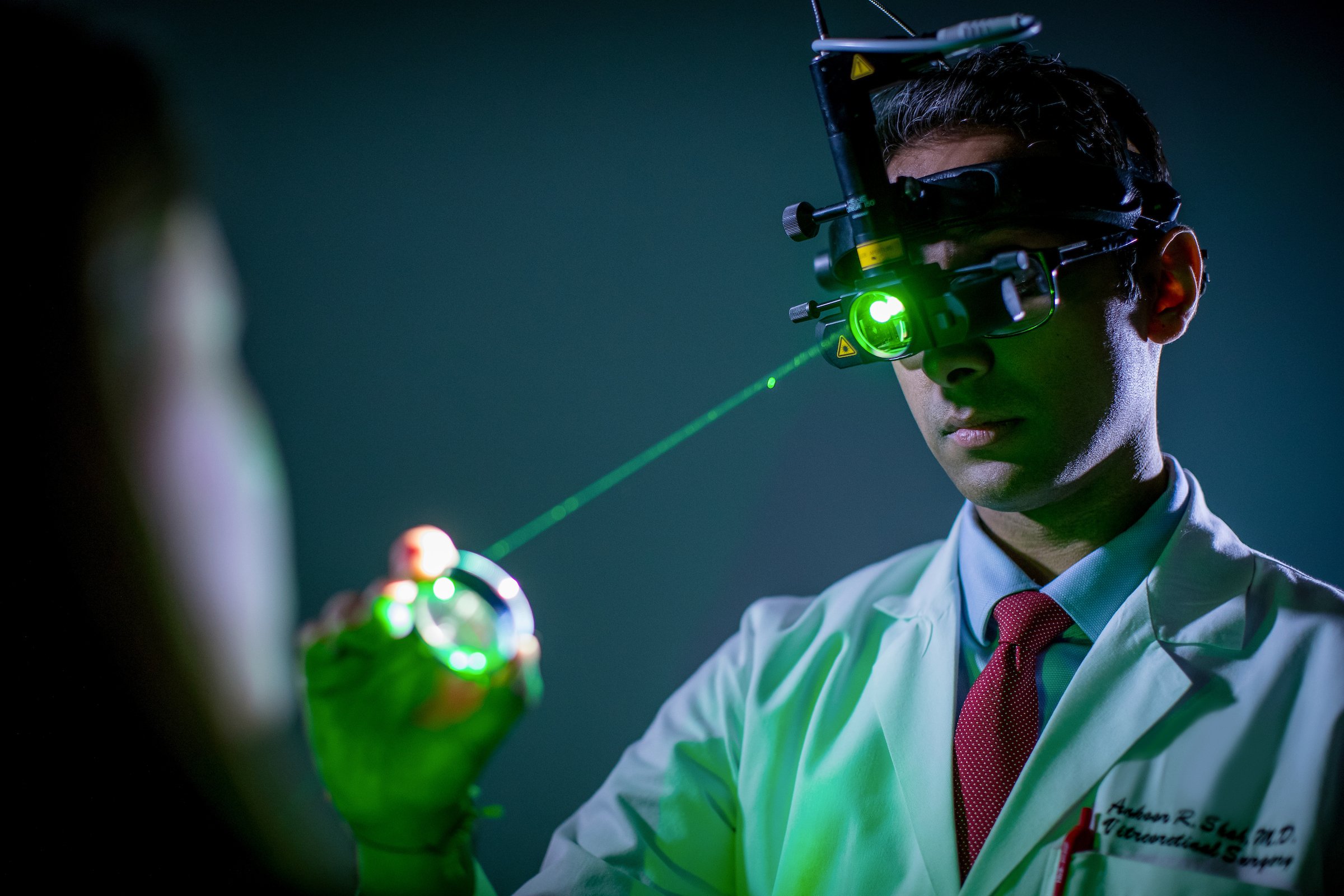The Role of Artificial Intelligence in Retinal Disease Diagnosis

Artificial intelligence (AI) is making waves in nearly every area of medicine—and retinal care is no exception. While it isn’t a replacement for clinical expertise, AI is proving to be a valuable tool for improving the detection and management of retinal disease. Because retinal care relies heavily on imaging and data, it’s a natural fit for AI-assisted technologies that can enhance, but not replace, diagnostic accuracy.
How AI Can Support Retinal Diagnosis
One of the most promising applications of AI in ophthalmology is its ability to analyze high-resolution retinal images. Using data from color fundus photography (CFP), AI algorithms can be trained to identify abnormal pathological biomarkers linked to retinal diseases, sometimes even before symptoms arise. This can help flag early signs of retinal disease that might otherwise go unnoticed.
Artificial intelligence is also being used alongside optical coherence tomography (OCT), the gold standard for diagnosing retinal conditions. OCT provides detailed cross-sectional images of the retina, and AI-enhanced interpretation can help specialists identify early indicators of diseases like age-related macular degeneration (AMD) with even greater precision.
In the case of diabetic retinopathy, FDA-approved AI-powered devices, such as the IDx-DR, are already being used in select settings to assist in screening. These systems analyze retinal images for signs of disease severity and help ensure image quality is sufficient for evaluation. Still, a retina specialist is essential for interpreting results and developing a treatment plan.
Understanding the Limitations of AI
While the benefits of AI are exciting, it’s important not to overstate its capabilities. AI tools rely on high-quality data and must be carefully validated to ensure safe and accurate use in clinical settings. Issues like data bias, medicolegal responsibility, and patient trust are still being actively evaluated.
Most importantly, AI is not a substitute for expert clinical judgment. While it may become increasingly common for retina specialists to use AI to inform their decisions, the final diagnoses and treatment plans remain in the hands of trained physicians who understand the full context of each patient’s condition.
Learn More From a Retina Specialist
At Retina Consultants of Texas (RCTX), we stay at the forefront of innovation while remaining grounded in proven clinical care. We view AI as one more potential tool in our diagnostic toolbox: useful, but never a replacement for the experience and expertise of our retina specialists.
As the largest retina-only ophthalmology practice in Texas, RCTX is proud to serve patients throughout the Greater Houston and San Antonio areas. Contact us today for more information or to schedule an appointment.








